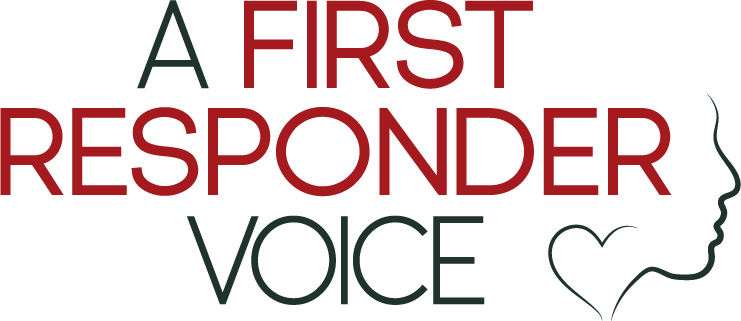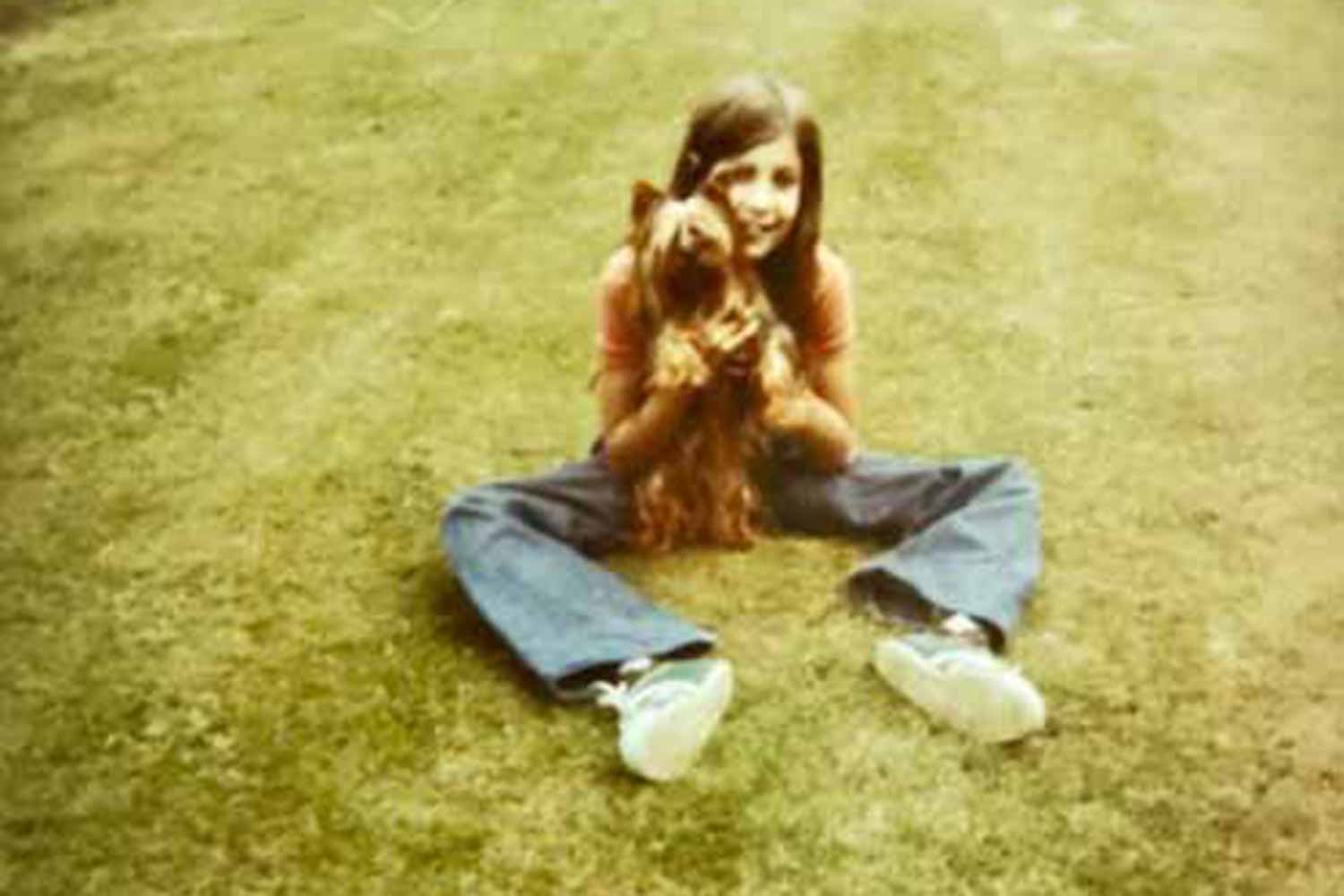I spent my entire young life wanting to fit in. I wished to look like everyone else, have a family like everyone else and be as smart as everyone else. I spent a lot of time thinking about it, as there were so many things in my world that made me feel different.
I was the only one of my close friends who was adopted. I have to say my parents did do a great job of explaining why, and I never felt unwanted, but I always wondered what it would have been like to have been born into a family unit like my friends.
I had a brother who was blind. He was also adopted. He had a very rare genetic disorder that caused him to lose his eyesight by the age of 9. This disorder also caused him to be overweight and people stared, and he was bullied. I always wondered what it would have been like to have a brother who was like everyone else’s brother.
I have a sister who is 17 years older than me. She was out of our house before I really had any memories of her being there. I always wondered what it would have been like to have a sister closer to my own age.
My parents were older. In fact, by the time I was in my teens they were close to the age of most of my friends’ grandparents. I always wondered what it would have been like to have young parents like everyone else.
I only had one grandparent, my maternal grandmother, who died when I was 13. I wasn’t close to her as she had been in a nursing home for the last three years of her life. I always wondered what it would have been like to have grandparents that I could run to and hug, feeling their warmth and love.
Then there was me…an extremely skinny, hyper-mobile, long legged, long armed clumsy, buck toothed girl. All I wanted was to fit in, blend in, be like everyone else.
 I spent my childhood and teenage years, wishing for things I could not change. Yet isn’t it interesting that I chose a career in policing. Something very different for a woman in the early 1980’s.
I spent my childhood and teenage years, wishing for things I could not change. Yet isn’t it interesting that I chose a career in policing. Something very different for a woman in the early 1980’s.
I joined the RCMP in 1985 right after completing my Sociology degree. Women had only been in the force for 11 years, so we were still considered trailblazers. It was the last thing someone who wanted to fit in and blend in should have chosen, but I did.
What drew me to a career that was so challenging? A career that in of itself draws so much attention and a career that would challenge everything I knew and understood about humanity. The answer is actually very simple. I know now, that the very things I lamented about in my early years, were some of the best building blocks I could have asked for as a child.
Having a disabled brother gave me a unique perspective on life. It fostered my deep sense of empathy and compassion. Fighting for the underdog. I was very protective of my older brother and even at the tender age of seven, I was involved in both verbal and physical fights to ward of the bullies that preyed on him.
Being adopted gave me a different perspective on the definition of family. At a young age I recognized that it was not the blood that flowed through your veins that defines a family unit. It is love and commitment, patience, kindness and gentleness that people give to one another. This understanding would serve me well as I dealt with so many broken families over the years.
Having a much older sister kept me grounded when our mother died from cancer. I was twenty years old. That sister, the one I had wished too many times was closer to my age became a second mother to me. The support, guidance, advice and wisdom she has passed on to me got me through those years when I felt the loss so deeply. She always supported and encouraged my career choice and had an ear for me when things were tough.
Having older parents gave me a unique perspective on life. Although they were older, they did not follow the traditional roles of most people born in their era. My father was born in 1919 and my mother in 1923. They both worked, both cooked and cleaned with my father actually making most of the meals.
Equality of the sexes was an ideology that permeated our household and my parents modelled this viewpoint. My choice to become a police officer was never questioned. My father served, my grandfather served, and my parents always stood up for the underdog.
Then there is me. That skinny, buck-toothed, clumsy kid grew up. Life happened. The death of my parents years ago, my brother last year, sexual assault, marriage, children, divorce, remarriage, blended family, and my spouse’s cancer diagnosis. In my forties, I discovered the reason for my long arms, legs, clumsiness and buck teeth. I had a very rare genetic disorder, Loeys-Dietz Syndrome, that resulted in open heart surgery in 2009. Add to that, twenty-five and a half years of policing, retirement and finally a diagnosis of PTSD. That is a lot of stuff… as there is, for most people my age.
What do I know now? The very things that knocked me down in my life are also the things that have built me up. They are part of my story. Instead of fighting them I have embraced them. I have realized, even with my diagnosis of PTSD, that I am resilient. It is not a sign of weakness but rather a sign I have endured. I will continue to get back up, push through the difficulties and seek and accept help from those around me.
It is my hope that my stories will encourage all of you to reflect on your own lives, embrace all that you have been through and know that you are not alone. Be open, share, reach out and ask for help. Give yourself the gift of healing.

